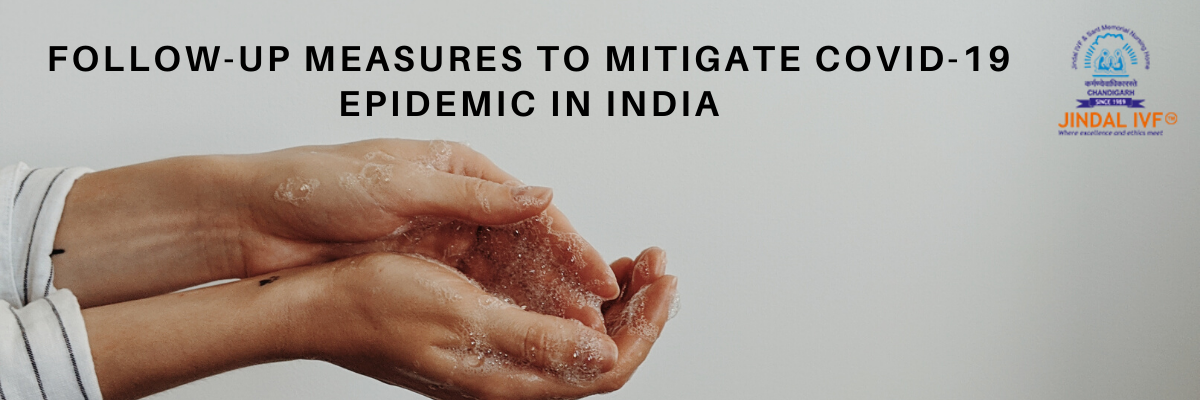
Thanks largely to the social media! Corona pandemic has become the most talked about subject and a cause of panic all over the world. Experts have made variable predictions about the gravity of the current scenario and the possible predictions. We in India have taken an early epidemiological containment step with a country-wide lock-down/ curfew for 3 weeks. All of us know that the whole country cannot remain closed for a longer period. Already, there are reports on increased psychiatric disturbance, depression and suicides besides un-employment and hunger. Patients with other serious diseases including infections are being neglected. We in India have a fair degree of experience of fighting with Swine-flu in 2009. I can say with a fair degree of confidence that curve shall soon flatten out and we will be able to live with COVID-19 infection as we have done with several other infections including swine flu, tuberculosis, malaria and other respiratory infection.
I have the following suggestions for follow-up measures which are sustainable for longer period. Of course, we have to accept an increased morbidity and mortality in the coming months or even years.
- Empower health-personnel with increased resources and incentive of all kinds.
- Practice universal sterilization measures in hospitals, ICUs and other clinics. The disease has to be handled there along with all other diseases now. Doctors need to take a lead role in making indigenous practice-guidelines for their use.
- Keep the general measures in force:
- Avoid crowds; practice social distancing. Mass masking (such as cloth masks/ covering the face) in crowded places such as the markets, malls, trains, buses, theatres, stations, air-ports and health-facilities. Leave the surgical and N95% masks for use by the health-care personnel.
- General cleanliness and hygiene practices.
- Frequently washing the hands.
I know that opinions may differ among experts and public alike but the governments have to take difficult and frequently bitter decisions. But there is always a limit to methods with which one can fight with nature. The important rule of “primum non nocere” in medicine is also the basic dictum for any action taken in the interest of people.
Dr Surinder K. Jindal, MD, FCCP, FAMS, FNCCP
(Emeritus-Professor, Postgrad Instt Med Edu & Research, Chandigarh, India)
Medical Director, Chandigarh, India 160020
Email: dr.skjindal@gmail.com


